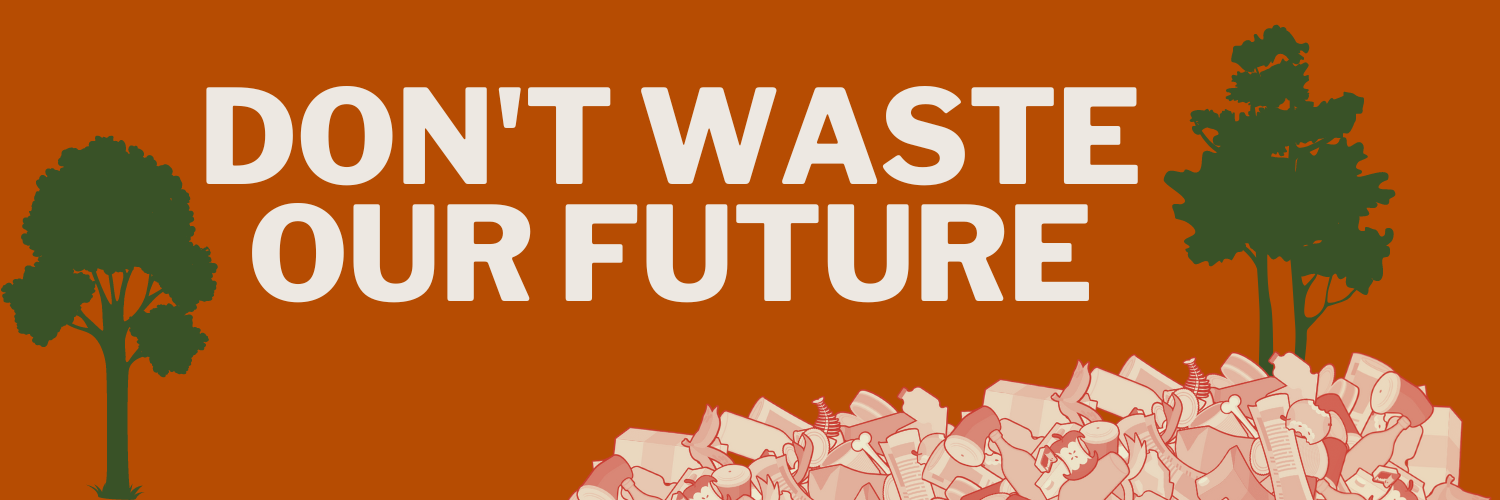U.S. Senator Alex Padilla, Methane Experts, Residents Impacted by Landfill Pollution Urge Biden Administration to Finish the Job, Protect Communities
Today, U.S. Senator Alex Padilla (D-CA), methane experts, and residents impacted by landfill pollution hosted a press briefing to highlight the opportunity the Biden Administration has to address methane pollution from landfills.
“In order to fully combat the climate crisis, methane reduction must be a major part of our efforts and our strategy, because landfills make up the third largest source of methane in the United States. Today, we’re highlighting the need to strengthen the rules that regulate our nation’s landfills,” said U.S. Senator Alex Padilla (D-CA). “This is not only a tremendous responsibility that we have, but a tremendous opportunity. And as the most pro-climate president in history, President Biden has the opportunity to strengthen his climate legacy and further combat the climate crisis.
The Administration’s Unified Regulatory Agenda, released on Friday, July 5, includes plans to update Clean Air Act emissions regulations for municipal solid waste landfills in their long-term actions. This announcement signals a growing awareness of landfills' contribution to climate change, thanks in part to recent advancements in remote sensing, and new recognition of the cost-effective, common-sense solutions that are available today to reduce methane and harmful co-pollutants. Additionally, this is the first time that the EPA has definitively committed to updating insufficient landfill emission standards
“By incorporating modern monitoring technologies into an updated landfill rule, operators and regulators can leverage all of the tools in a twenty-first century toolbox. This includes a portfolio of ground-based, aerial, and satellite technologies. When properly incentivized by methane regulations, wide-scale adoption of these tools across all US landfills will provide comprehensive monitoring and result in timely methane reductions,” said Riley Duren, Chief Executive Officer, Carbon Mapper.
Landfills are the country’s third largest source of human-caused methane, making it critical that best practices and up-to-date technologies are implemented to control these planet-heating emissions and protect overburdened communities, many of whom are low-income or communities of color, from health-harming pollutants. However, current EPA regulations for how landfills monitor, capture, and control methane emissions don’t match the scope or scale of the problem.
“Federal action is needed to achieve methane reductions quickly and at scale. We’re excited the EPA is already at work on an update to its landfill standards, and we encourage the agency to move swiftly to embrace the latest best practices and technologies to control landfill methane emissions,” said Jon Creyts, Chief Executive Officer, RMI. “Methane matters now. This is a major opportunity for the United States to slow near-term warming, bring real air quality and health benefits to overburdened communities, and close the gap on emissions reduction targets we’ve already committed to on the global stage. When it comes to methane, there’s no time to waste.”
“As extreme heat and climate-driven wildfires continue to make headlines and wreak havoc on rural communities like mine, slashing methane emissions can have an immediate, positive impact. While Oregon state emission rules are stronger than those set at the federal level, we need the EPA to raise the bar to the entire country– require all landfills to use proven best practices and make sure that these rules are enforced,” said Joel Geier, Hydrogeologist and resident impacted by pollution from the Coffin Butte landfill in Oregon.
Resources:
Factsheet: Industrious Labs’ waste primer
Data: Industrious Labs’ 50-state Landfill Emissions Dashboard
Report: The Hidden Cost of Landfills
Video: Senate Environment and Public Works Committee Hearing
